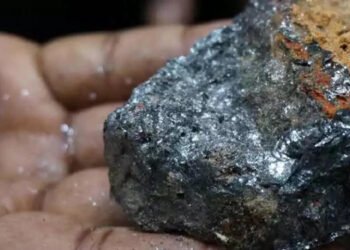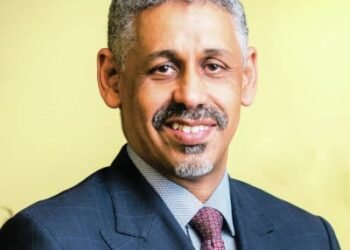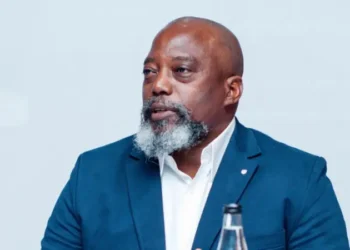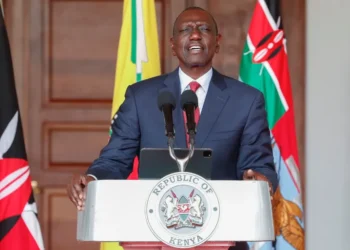Citizens in the Sudanese capital claim that, violence has resumed in various neighborhoods of Khartoum after the ceasefire expired. Activists has also said, the new outbreak of conflict in North Darfur province has killed at least 40 people. The ceasefire between the Sudanese army and the paramilitary Rapid Support Forces (RSF) ended on Saturday evening.
The short truce, brokered by Saudi Arabia and the United States, temporarily eased the violence and permitted some humanitarian aid efforts to be given to the resident, but it was frequently infringed upon as earlier ceasefires had suffered. Negotiations to prolong it ended on Friday.

The Army pulled out from negotiations sought to expand the ceasefire last week, accusing the Rapid Support Forces of Violating the Jeddah ceasefire agreement, by attacking some villages in the Darfur region.
Sudan’s deadly conflict over power, which began in mid-April, has produced a severe humanitarian disaster, displacing over 1.2 million people within the country, and forcing additional 400,000 to flee to nearby nations.

“In southern Khartoum we are living in terror of violent bombardment, the sound of anti-aircraft guns and power cuts,” resident Sara Hassan averred. “We are in real hell.” Other regions where combat has been recorded are central and southern Khartoum, as well as Bahri to the north along the Nile.
Reports claimed a military airplane collapsed in Omdurman, one of three cities that make up the broader capital region at the Nile intersection. The army, which has been employing jets to strike RSF fighters scattered over the capital, has made no statement.

Beyond Khartoum, violent violence has erupted in Darfur, Sudan’s far west, which have been already dealing with long-running turmoil and massive humanitarian issues. Witnesses said severe violence over the weekend wreaked havoc in Kutum, one of North Darfur’s key cities, and business powerhouse.
According to the Darfur Bar Association, observers of human rights in the region, at least 40 people perished, and numerous others have been injured, including dwellers of the Kassab camp, which harbored people driven by previous conflict.
The Army disputed that the RSF had gained control over Kutum. The RSF is not new to the Darfur region, due to the violence history it has had there. Formally the Janjaweed Militias, the RSF were the leading offensive fighters in the genocide of Darfur in the early 2000s.

Separately, Sudanese antiquities officials announced that, the RSF militants left the national museum in central Khartoum. The RSF however, published a video shot within the museum’s premises, rejecting that they had destroyed the possessions. The museum houses ancient mummies and other valuable artifacts.
Fighting in the capital has caused significant damage and theft, as well as decreasing food supplies and a breakdown in health care, power, water and communications.
The first rains of the year have fallen in recent days, signaling the beginning of a rainy season that could last until around October, and would bring flooding and an increased risk of water-borne infections.
The rains may aggravate an existing difficult rescue efforts, plagued by administrative delays and logistical obstacles. However, aid providers have cautioned that, corpses have been abandoned in the open air, and that trash has piled up, and would cause respiratory diseases due to the stench it has been producing.

Saudi Arabia and the United States said they plan to meet daily with delegates from the army and the RSF, which has stayed in Jeddah despite the suspension of ceasefire talks last week. “Those discussions are focused on facilitating humanitarian assistance and reaching agreement on near-term steps the parties must take before the Jeddah talks resume,” a joint statement from the two countries disclosed.
On the other hand, it seems there would be no immediate end to the ongoing conflict in Sudan, even if a proper ceasefire and proper power sharing agreement are achieved between the two factions.
READ ALSO:European Union Court Rules Against Poland’s Justice Reforms







